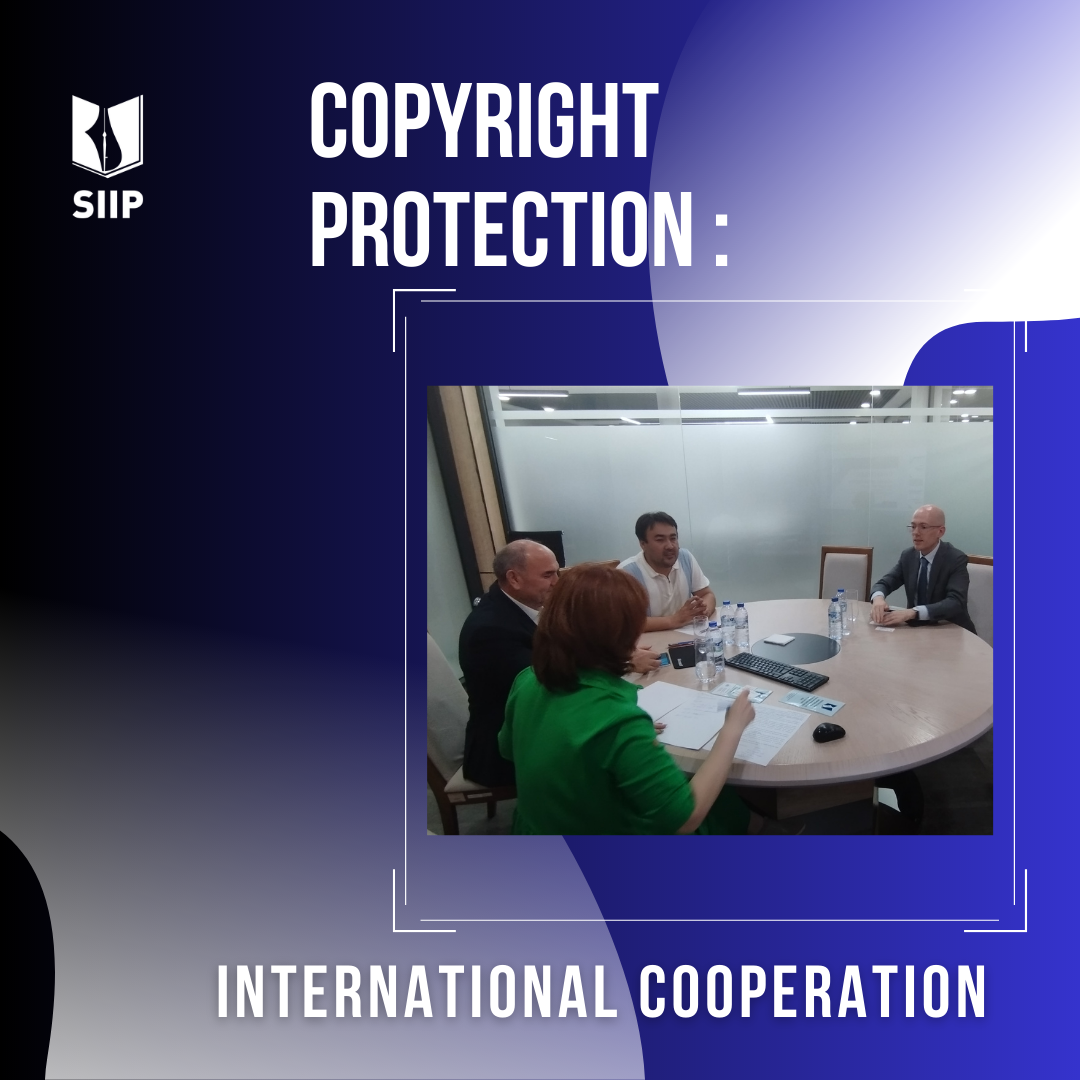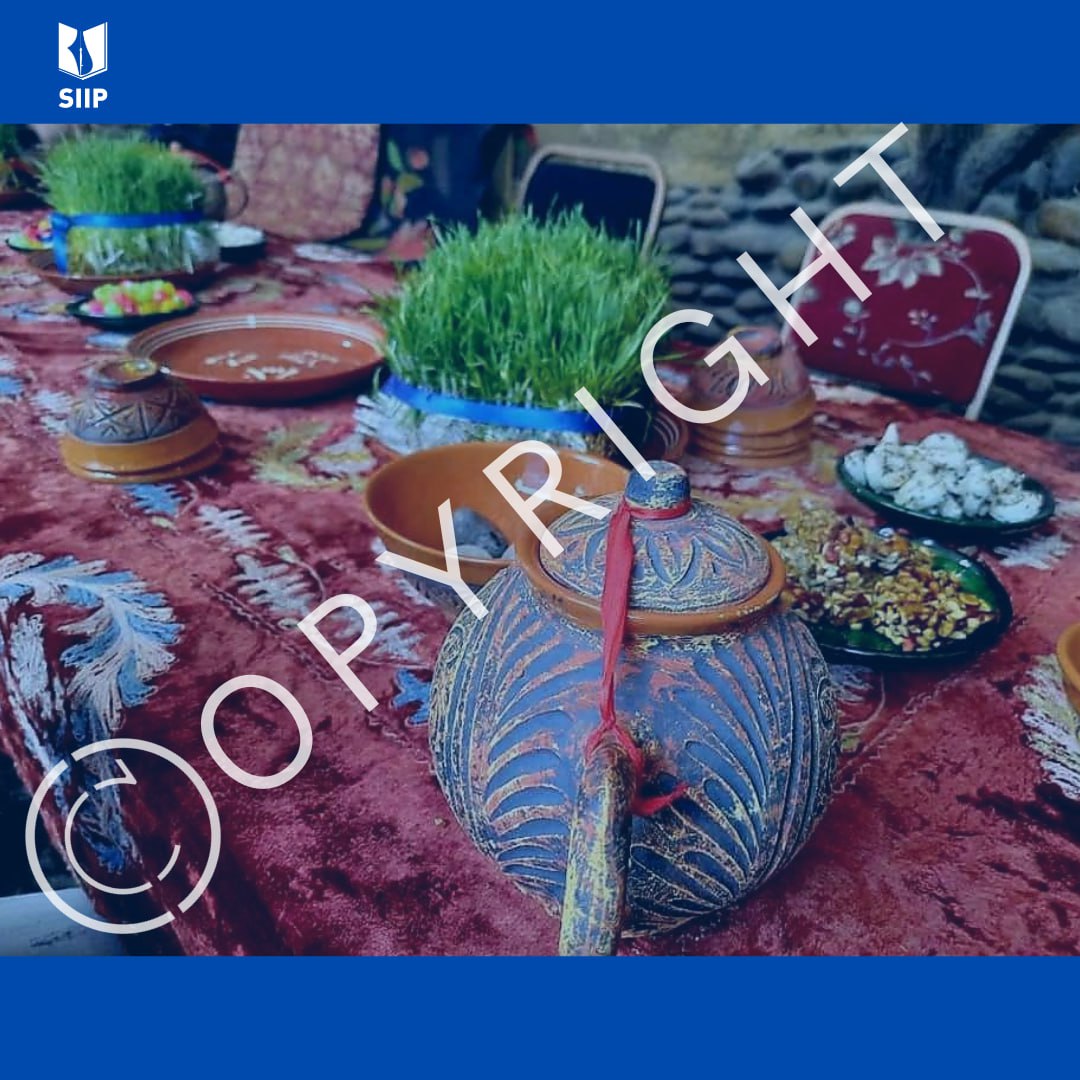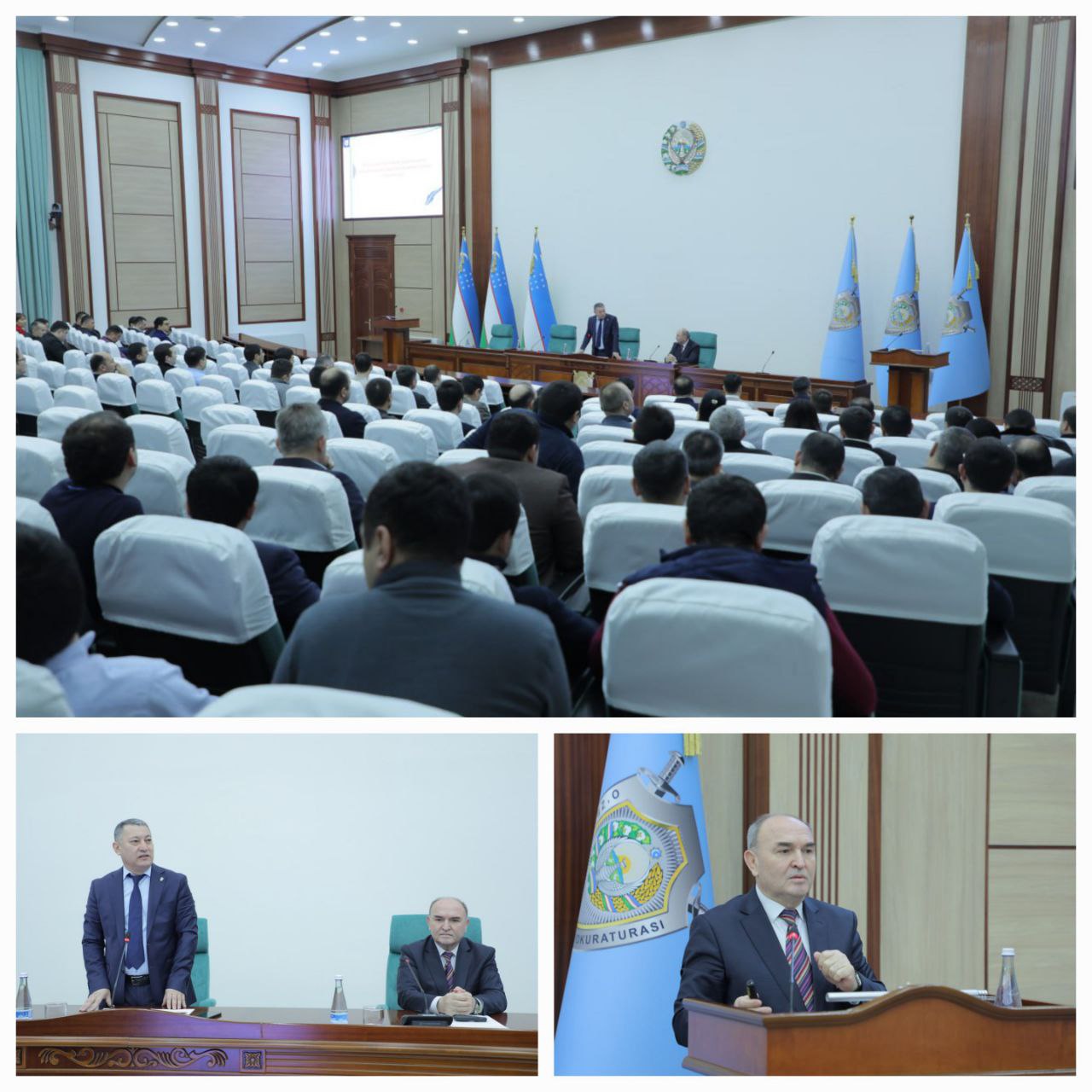Meeting with a representative of the U.S. Embassy
The Chamber for the Protection of Artists, Creators,
and Performers held a meeting with William Langley, Environment, Science,
Technology, and Health Officer of the U.S. Embassy in Tashkent. The objective
of the meeting was to discuss the protection of copyright and related rights in
Uzbekistan.
During the meeting, the Chairman of the Chamber,
Bobokul Toshev, presented the Chamber's activities, core mission, problems, and
prospects for copyright protection in Uzbekistan. Olesya Romashko, Head of the
International Relations and Media Department, presented the achieving results
in international cooperation and shared the organization's experience of
working with users to fulfill obligations under the Berne Convention for the
Protection of Literary and Artistic Works. Additionally, she spoke about the
work on increasing awareness in the field of copyright and related rights among
authors, specialists, and users.
The representative of the U.S. Embassy was interested
in issues of copyright compliance in Uzbekistan, legislation in this area, and
the possibilities of cooperation of the Chamber, both with local partners,
represented by relevant ministries and departments, and with foreign ones.
As a result, the parties agreed to hold additional
meetings on the main directions in copyright and related rights protection,
which ranged from the educational to the legislative field. Sides proposed to
continue the interaction for further fruitful cooperation.
Photographic copyright infringement
Photographic copyright infringement refers to the unauthorized use of
someone else's photograph. This encompasses activities such as reproducing,
distributing, or publicly displaying a photograph without obtaining the owner's
consent. Such actions not only result in moral implications but also lead to
economic losses for the copyright holder.
According to Article 6 of the Law of the Republic of Uzbekistan "On
Copyright and Related Rights," copyright protection extends to various
forms of creative works, regardless of their quantitative or qualitative
attributes, purpose, or method of expression. These works include texts,
musical compositions, photographs, videos, and fine art, all of which are
considered intellectual property.
If you intend to utilize someone else's text or share a photograph on your
platform that belongs to another individual, it is strongly advised to obtain
written permission from the copyright owner beforehand. Oral permission may be
acceptable if it has been recorded on video. However, it is important to note
that online permissions are not deemed sufficient as the identity of the
message's author cannot be reliably established.
We also recommend that copyright infringers, when faced with a settlement
offer from the copyright holder outside of court, comply with the specified
requirements if they are aware of their guilt. This approach will help avoid
legal proceedings and minimize financial losses.
In the event of unauthorized use of photographs, offenders may be subject
to the following fines and payments:
- Payment of compensation ranging from twenty to one thousand basic
calculated values, irrespective of the actual losses incurred. The amount of
compensation depends on the nature of the violation and the degree of the
offender's culpability, considering business practices.
- Imposition of fines on individuals ranging from one to five basic
calculated values, and on officials ranging from five to ten basic calculated
values. Additionally, counterfeit copies of copyrighted works and related
objects, as well as materials and equipment used for their reproduction and
distribution, may be confiscated, along with other instruments involved in the
commission of the offense.
- Counterfeit copies of copyrighted works and related objects, as well as materials and equipment used for their production and reproduction, and other instruments involved in the commission of the offense, are subject to confiscation by court order in accordance with the applicable laws.
COPYRIGHT PROTECTION AND COLLABORATION
The Chamber for the Protection of Copyright of Artists, Creators and Performers and the Center of Advanced Training and Retraining of Teaching Staff signed a Memorandum of Cooperation.
Within the
framework of this partnership, attention will be paid to the development of the
educational sphere in the field of copyright and related rights. Cooperation
will include the implementation of joint projects, the development of
educational programs, and advanced training of specialists on the topics
related to copyright, as well as the study of the existing legislative
framework in this field. The signed Memorandum opens up new opportunities for
the exchange of experience and training, which contributes to the further
development and strengthening of the legal system in the field of copyright
protection.
State Policy of Copyright Protection



